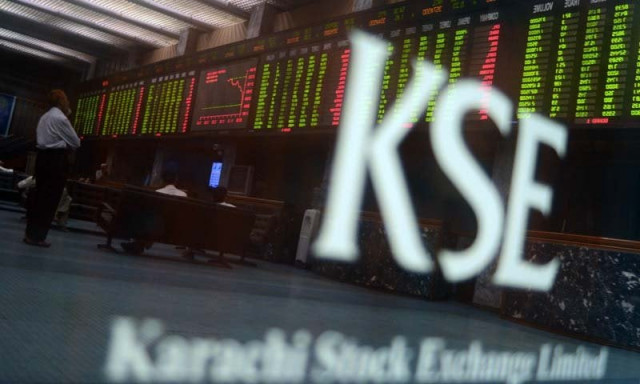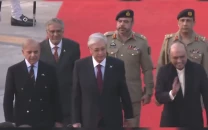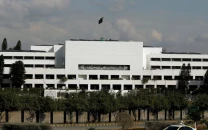Fuel crisis overcasts Pak credit worthiness
Moody’s says increasing energy imports will further strain Pakistan’s budget and balance of payments

Moody’s says increasing energy imports will further strain Pakistan’s budget and balance of payments. PHOTO: AFP
The country is currently in the grip of one of its worst power crises in years due to a shortfall in imported oil, with the situation exacerbated on Sunday by an attack on a key power line in Balochistan.
Moody’s said that increasing energy imports without addressing structural issues that create so-called circular debt “will further strain Pakistan’s budget and balance of payments, a credit negative”.
“Fuel shortages also reflect the strained finances of state-owned distribution companies and the fuel importer, Pakistan State Oil (PSO) corporation, and are a setback to the sector’s progress on reforms made so far under Pakistan’s financial support programme with the International Monetary Fund,” it added.
The IMF granted a $6.6 billion loan to Pakistan in September 2013 on the condition that it should carry out extensive economic reforms, particularly in the energy and taxation sectors.
Moody’s, which in July 2014 upgraded Pakistan’s rating outlook from ‘negative’ to ‘stable’ in a boon for the shaky South Asian economy, said that structural reforms had been a “key driver” in its decision last year.

‘Circular debt’ – brought on by the dual effect of the government setting low electricity prices and customers failing to pay – is at the heart of the crisis.
State utilities lose money, and cannot pay private power generating companies, which in turn cannot pay the oil and gas suppliers, who cut off the supply.
The fuel crisis began last week when PSO was forced to slash imports because banks refused to extend any more credit to the government-owned company, which supplies 80% of the country’s oil.
The shortfall led to long queues of angry motorists at petrol stations, though these have since dissipated as fuel supplies have reached the pumps.
But Moody’s warned that the government of Nawaz Sharif, which made solving the energy crisis a key campaign pledge, had so far failed to offer policy solutions and increasing oil supplies would only add to the fiscal burden.
“The government’s targeted fiscal deficit of 4.5% of GDP in fiscal 2015 from 4.7% in fiscal 2014 is already impeded by delays in implementing electricity tariff adjustments and legal challenges related to tax collections,” it also said.
Increasing fuel imports, which currently comprise 35% of total imports would further weigh on Pakistan’s import bill, it further added.
Published in The Express Tribune, January 27th, 2015.



















COMMENTS
Comments are moderated and generally will be posted if they are on-topic and not abusive.
For more information, please see our Comments FAQ